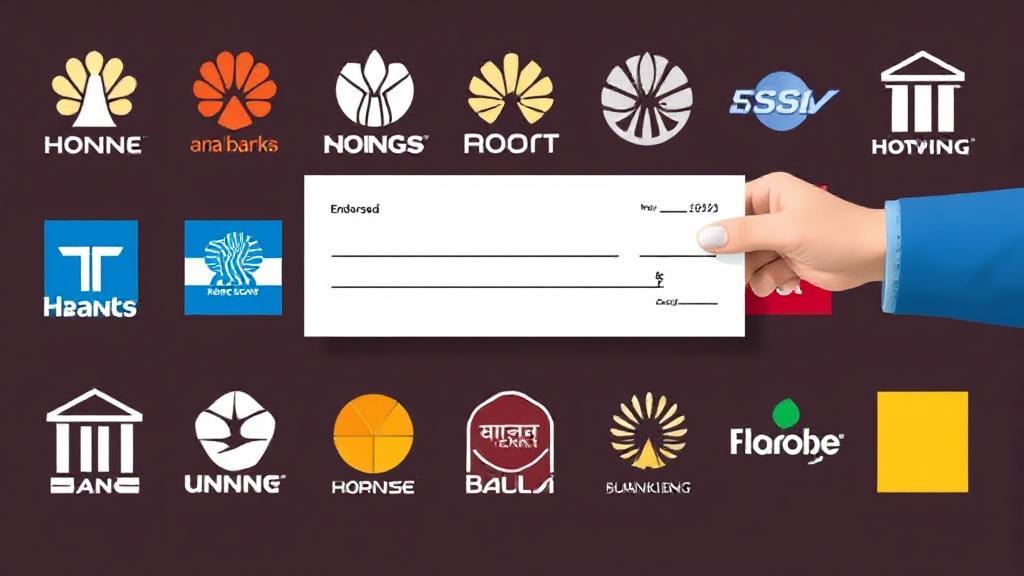Understanding Check Cashing Options
Cashing a check is a common financial transaction, but it's important to understand your options and requirements. Whether you're a bank account holder or not, multiple banking institutions and alternative services are available.
Banks That Cash Checks
-
Your Own Bank or Credit Union
- Account holders typically receive free check cashing services
- Non-account holders may face fees ranging from $5-$10
-
Major Banks
These banks generally cash checks drawn from their own accounts for non-customers, though fees may apply.
Required Documentation
To cash a check, you'll typically need:
- Valid government-issued photo ID (driver's license or passport)
- Social Security number (in some cases)
- The physical check, properly endorsed
- Proof of address (utility bill or lease agreement)
- Secondary form of ID (some locations)
Alternative Check Cashing Options
Retail Stores and Services
- Walmart: Fees start at $4 for checks up to $1,000
- Kroger: Various fee structures based on check amount
- 7-Eleven: Available through TransacTional Terminals
- Check-Cashing Stores: MoneyGram and Western Union
Warning: Check cashing stores often charge significant fees, sometimes up to 10% of the check amount.
Modern Alternatives
- Mobile banking apps
- PayPal mobile check capture
- Ingo Money app
- NetSpend prepaid debit cards
Check Types and Special Circumstances
Different types of checks may be treated differently:
- Personal Checks: Subject to more scrutiny
- Payroll Checks: Easier to cash, especially from reputable companies
- Government Checks: Widely accepted and often cashed without fees at:
- Any FDIC-insured bank
- U.S. Post Office locations
- Credit unions
Security Considerations
To protect yourself from fraud:
Tips for Safe Check Cashing
- Compare fees before choosing a service
- Keep your receipt
- Call ahead to verify service availability
- Visit during non-peak hours
- Consider direct deposit to avoid check-cashing hassles
- Verify funds before cashing
- Endorse properly in the designated area
For more detailed information, visit the Consumer Financial Protection Bureau or Federal Deposit Insurance Corporation.
